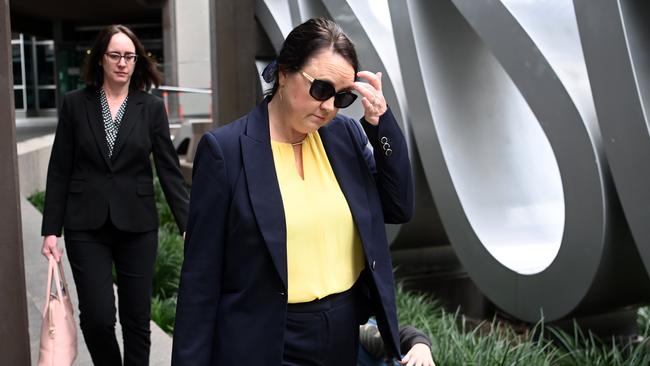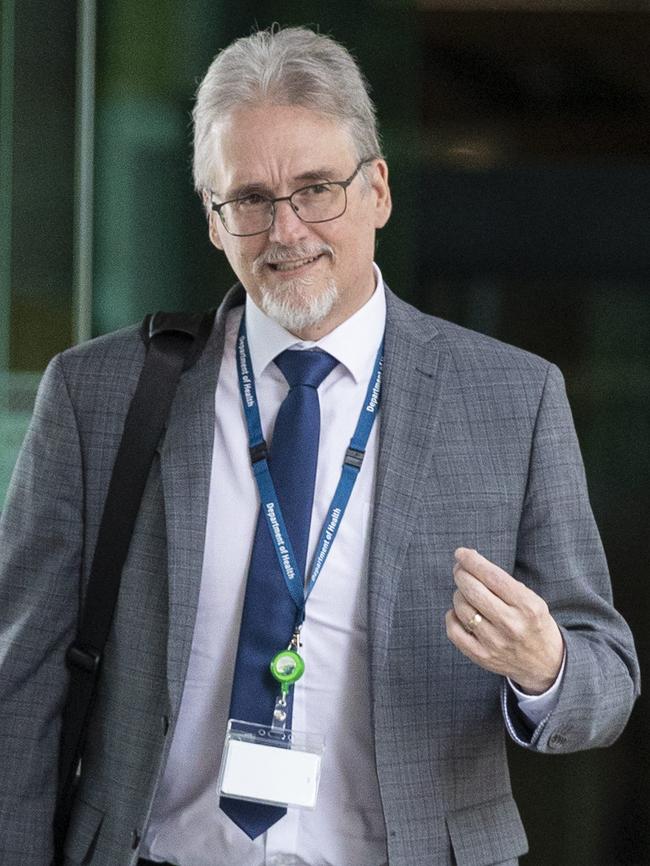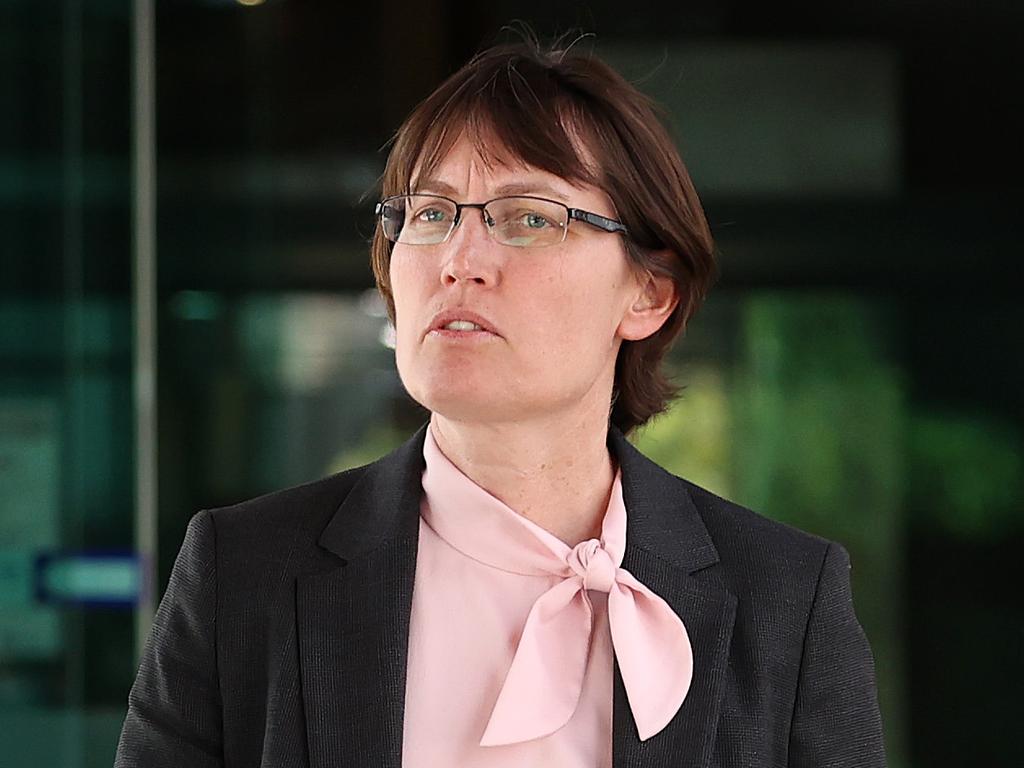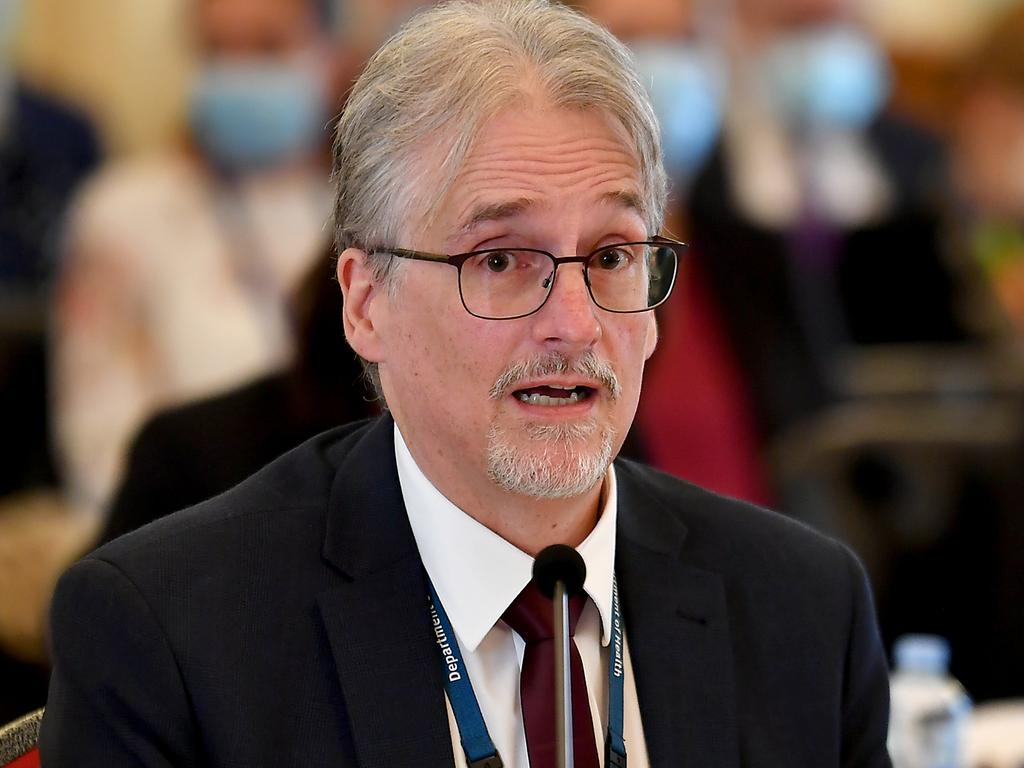Queensland inquiry: Sabotage feared on DNA evidence
Scientific managers at Queensland’s DNA laboratory may have sabotaged testing of crime scene samples in a bid to conceal past mistakes.

Scientific managers at Queensland’s DNA laboratory may have sabotaged testing of crime scene samples in a bid to conceal past mistakes.
A royal commission-style inquiry led by Walter Sofronoff KC has been homing in on new testing protocols introduced after he was appointed to examine the lab’s operations.
The new protocols left out the crucial step of concentrating samples containing low levels of DNA, potentially destroying any chance of obtaining profiles in crimes including murders and sexual assaults.
Senior scientists say the new protocols had no scientific basis and were less likely to produce DNA profiles – with one telling the inquiry that she wondered if that was the point. By detecting fewer DNA profiles in the new testing regime introduced after the inquiry was announced, the lab’s previous poor performance would have been disguised.
After it was discovered that samples weren’t being concentrated, the lab in August introduced another flawed protocol.
This involved only partially concentrating samples containing low levels of DNA.
Queensland police last Friday ordered the lab to stop testing thousands of crime scene samples that could help solve serious crimes due to their concerns about the lab’s new processes.
Premier Annastacia Palaszczuk announced the DNA inquiry on June 6, following months of revelations by The Australian of lab failures during investigations into the unsolved 2013 murder of 23-year-old Shandee Blackburn in the sugar and mining town of Mackay.
On the same day, Queensland Health Minister Yvette D’Ath said the lab would immediately remove its unusually high threshold for testing “so that every sample will go to DNA profiling”.
The threshold was rushed into place in 2018, allowing the lab to mothball any samples from murders, rapes, assaults and other crimes in which a low amount of DNA was detected.
This saved the lab time but resulted in thousands of crime scene samples effectively going untested for the past four years.
These included intimate samples taken in hospitals from rape victims that could have identified their assailant. Senior police have told the inquiry they were misled by the lab into believing only 1.45 per cent of samples with low levels of DNA produced usable profiles.
The true figure is now estimated to be around 30 per cent – or up to 66 per cent in sexual assault cases.
Health Department acting director-general Shaun Drummond has told the inquiry he asked the lab in June to revert back to methods used before the threshold’s introduction. Instead, the lab tested all samples but cut out the crucial concentration step that had previously been used.

Senior scientist and lab whistleblower Kylie Rika has told the inquiry she raised concerns about the new testing protocols, but was told by managing scientist Cathie Allen that it had been approved by the minister.
Ms Allen and lab manager Justin Howes had authored the options paper for police that led to the high threshold being introduced. “I have wondered whether this decision has been made in an attempt to support the rationale behind the options paper that was presented to the Queensland Police Service by Justin and Cathie in 2018,” Ms Rika says in her witness statement published by the inquiry.
Ms Allen and Mr Howes were stood down after interim findings from the inquiry that scientists had been making untrue statements to courts since 2018 when they claimed crime scene samples had “insufficient DNA for further processing” or that there was “no DNA detected”.
On day one of the inquiry, Mr Sofronoff asked Ms Rika: “Can you think of any proper reason to implement a system by which samples with low quantities of DNA in the range we have been discussing ought not be concentrated as a rule?”
Ms Rika: “Not for every sample, no.”
Forensic scientist Kirsty Wright, who uncovered serious flaws in the lab and heroically went public in The Australian’s investigative podcast Shandee’s Story, said skipping the concentration step would have wasted evidence.







